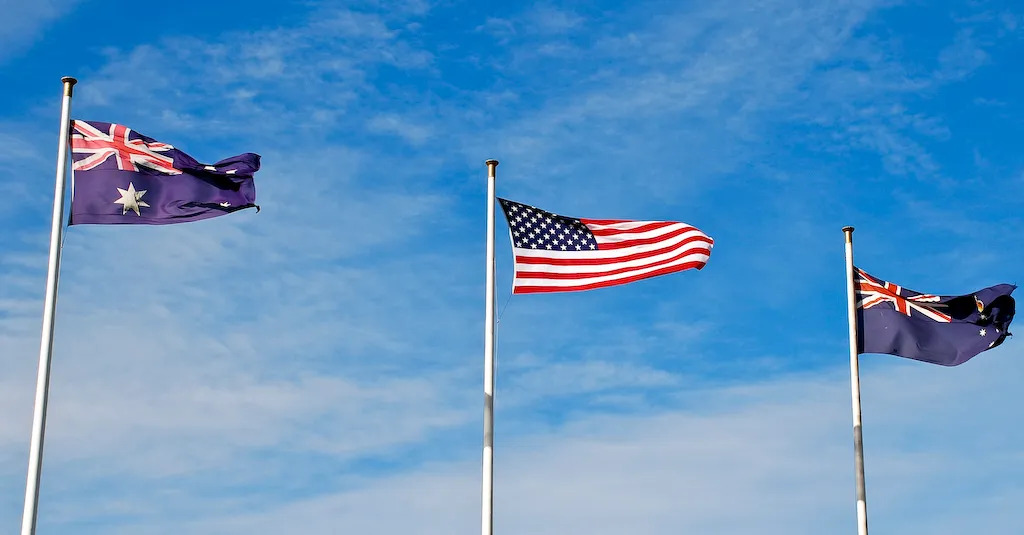Australia’s international strategy must consider the evolving US-China relationship and its implications, writes Michael Keating, former Secretary of the Department of Prime Minister and Cabinet in a recent article in the East Asia Forum.
Australian Foreign Minister, Penny Wong, acknowledges that while the United States will remain important, it will no longer dominate Asia.
Instead, Australia aims to establish a region where no country holds absolute power.
China’s growing economy surpassed that of the US in 2016, challenging the notion of US dominance.
However, the US seems reluctant to acknowledge this shift.

The US, with Australia’s support, seeks to preserve a “rules-based order,” but it primarily serves US interests, not the United Nations Charter, writes Keating.
China may propose changes to the existing order, which could be accommodated by other Indo-Pacific nations.
Promoting an inclusive framework of norms, rules, and consultations that involve China could constrain undesirable behavior.
However, the US also disregards or bends rules when it suits its interests, as seen in unauthorized trade sanctions on China.
Australia should advocate for a multipolar international governance system, urging the US to share power.
Australia faces a contradiction in its foreign and defense policies.
While acknowledging the multipolar reality of the region, Australia remains tied to a US alliance that does not.
The region desires neutrality and governance arrangements that address the reasonable demands of all countries.
Australia’s credibility in the region weakened under former Prime Minister Scott Morrison, who was perceived as aligning too closely with the US, analyzes Keating.
Aligning with the Association of Southeast Asian Nations (ASEAN) position could allow Australia to bridge the gap between Beijing and Washington, enhancing its regional standing.
Australia’s subservience to the US is largely rooted in its perception of defense dependence.
However, Australia must identify its own interests and act accordingly.
The potential US-China conflict over Taiwan poses a threat to Australia’s sovereignty, but it should assess its own capabilities and ensure control over its defense decisions.
Australia should push back against China when its interests and values are challenged, affirms the author.
Cooperation, disagreement, and engagement in Australia’s national interest should guide its actions.
Working with other nations, even if they don’t fully align with liberal values, can strengthen Australia’s ability to address concerns and promote dialogue.
Australia’s interests lie in working with both China and the US, necessitating collaboration with like-minded regional countries.
If required, Australia should reduce subservience to the US, concludes Keating.

